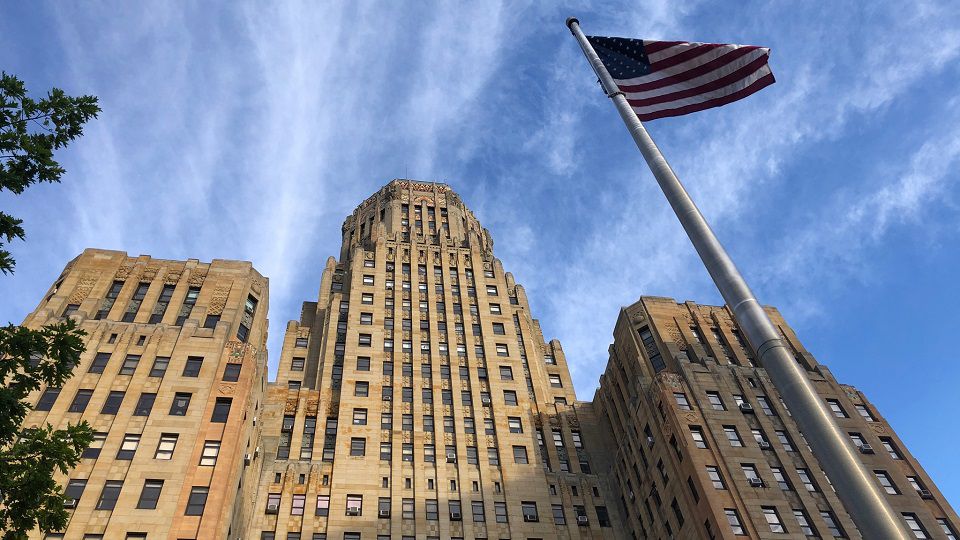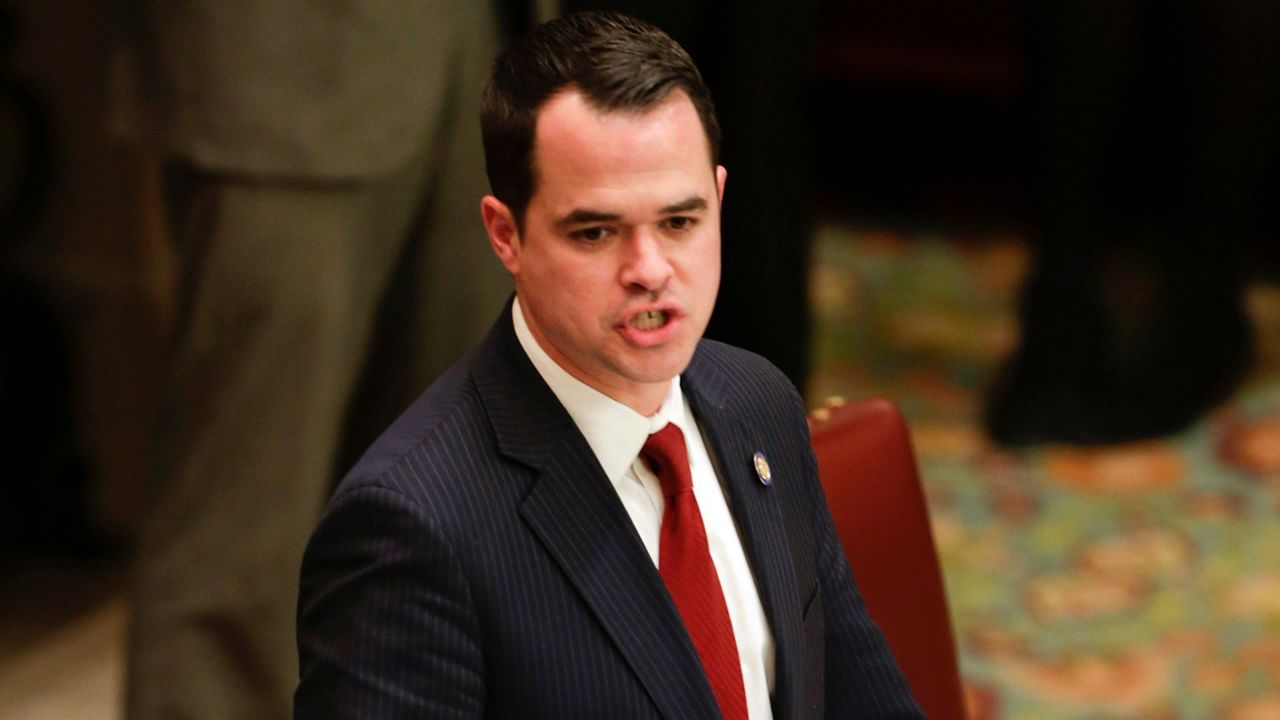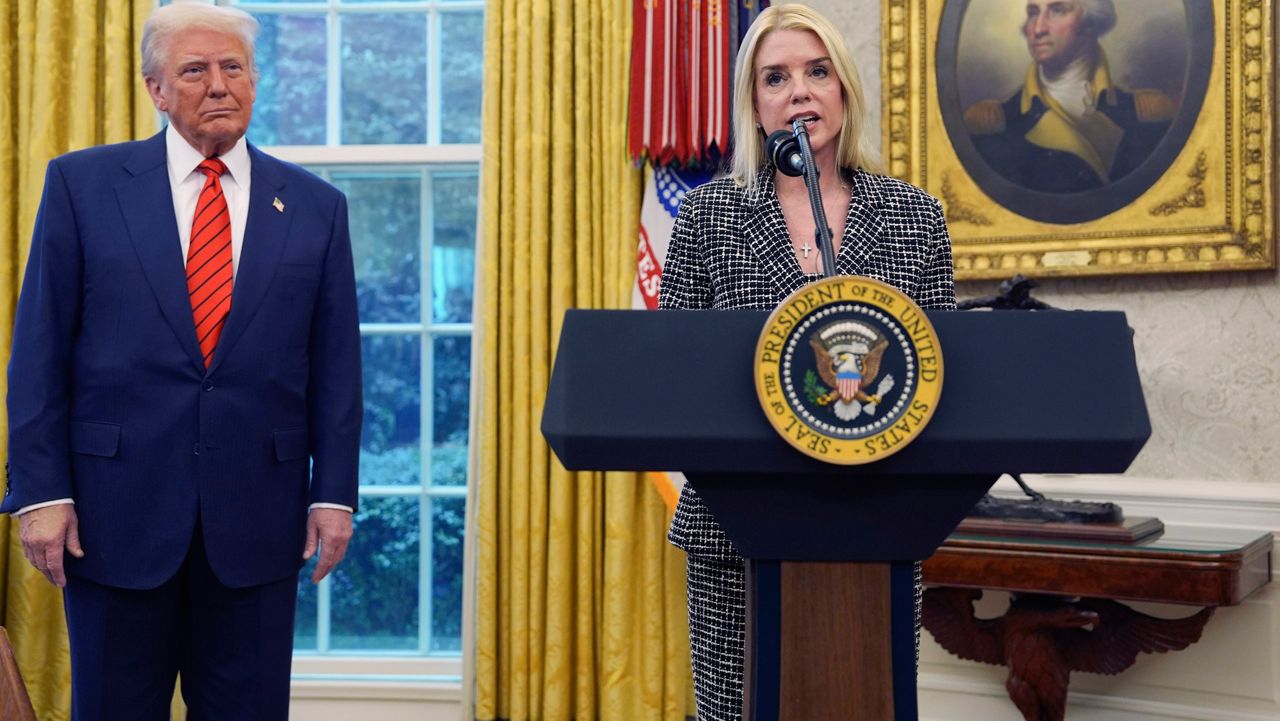ALBANY, N.Y. — New York is offering taxpayer money to candidates who receive small donations between $5 and $250 from individuals who live in the areas they would represent.
The program also applies to statewide offices of governor, lieutenant governor, attorney general and comptroller, but state legislative elections this year will be the first time public funds are in play. New York Public Interest Research Group Executive Director Blair Horner said it has the potential to significantly change elections.
"It's a little bit of a complicated system but the theory behind it is rely on clean public resources to run for office, not rely on special interest money to run for office," he said.
The program opened after the 2022 elections and candidates must apply at least four months before the primary election. Many have already indicated their interest in the January disclosure reports.
Republican Assembly Campaign Committee Chair Steve Hawley said although the majority of his party voted against the new system, he has encouraged candidates to consider it to maintain parity.
"If they don't sign up for public financing you run the risk of having vast amounts of resource, dollars and cents, funding one campaign and the other not so much," he said.
Only individual small donations qualify for matching public funds and candidates must reach thresholds for contributors and total money to qualify. There is also a maximum amount of funding they can claim.
The numbers vary based on office as does the tiered system but someone running for state Legislature would get a 12-1 match for up to the first $50 contribution 9-1 for the next $100 and 8-1 for the final qualifying $100. For instance, an Assembly candidate who receives a $10 donation from an individual could claim $120 from the state.
"One of the things you see in New York is a lot of elected officials run unopposed and this would give challengers, we believe, adequate resources to mount serious campaigns against incumbents, so that's a big plus," Horner said.
Hawley said he is recommending candidates forego claiming the taxpayer money if they don't believe they need it.
"I'm signing up for public finance to create an even playing field but I have no intention unless I absolutely need to of spending any or obtaining any funding from the state, but I want to make sure that I'm able to if necessary," Hawley said.
Horner points out the program is significantly stricter than the traditional one with candidates subject to disclosure rules, audits and repayments, a long list of contributions that do not qualify and restrictions on how the public funds can be spent.










